+968 9596 3381
Phone Number
[email protected]
Email Address
Mon - Thu: 8:00 - 5:00
Online store always open
Phone Number
Email Address
Online store always open
WhatsApp Us Today
Drop Us an Email Today
Google Map Location
Saturday to Thursday

Feature | Salalah Free Zone | Sohar Free Zone |
Primary Market Access | East Africa, Indian Subcontinent, Global | GCC (UAE, Saudi Arabia, Qatar) |
Logistical Strength | Global transshipment and container traffic via Port of Salalah, outside the Strait of Hormuz. | Regional land-based logistics to the GCC via Port of Sohar and a robust road network. |
Key Industries | Logistics, light manufacturing, food processing, transshipment. | Heavy industries, petrochemicals, metals, bulk cargo. |
Incentives | 100% foreign ownership, 10-year tax holiday (extendable), no customs duties. Access to US-Oman Free Trade Agreement. | 100% foreign ownership, 10-year tax holiday (extendable), no customs duties. |
Omanisation Rate | Lower, often cited as 10% or less, providing more flexibility for businesses. | Reduced, often cited as 15% to support local employment. |
Location & Environment | Slower-paced, lower cost of living, with a tropical monsoon climate (Khareef) in the summer. | Fast-paced, industrial hub with a higher cost of living and operations compared to Salalah. |
Located in the Dhofar Governorate in the south of Oman, the Salalah Free Zone is strategically positioned on the main East-West shipping lanes, with direct access to the Indian Ocean. This unique location bypasses the Strait of Hormuz, making it a critical hub for global logistics and transshipment.
Strategic Location & Markets Served: The zone’s primary advantage is its direct access to the world’s busiest shipping routes. It is the premier gateway for trade with East Africa, the Indian Subcontinent, and other global markets. Its location makes it a cost-effective and secure alternative for businesses focused on international trade and distribution.
Key Industries: Salalah Free Zone is a hub for logistics, distribution, and light manufacturing. It is home to a major container terminal and is ideal for companies specializing in:
Transshipment & Container Traffic
Warehousing & Cold Chain Logistics
Food Processing & Packaging
Chemical & Material Processing
Light Manufacturing & Assembly
Core Infrastructure: The zone is built around the world-class Port of Salalah, a major container port in the region. It is also complemented by the Salalah International Airport, providing robust multimodal connectivity.
Situated in the northern part of Oman, adjacent to the Port of Sohar, the Sohar Free Zone is defined by its proximity to the largest consumer markets in the region. Its strategic location makes it the ideal entry point for businesses targeting the Gulf Cooperation Council (GCC) market, particularly the UAE and Saudi Arabia, via an extensive land network.
Strategic Location & Markets Served: Sohar Free Zone is the undisputed gateway to the GCC. It is just a short drive from the UAE, providing seamless access to key industrial and commercial hubs like Dubai and Abu Dhabi. This makes it an ideal base for companies whose primary market and supply chain are regional.
Key Industries: Sohar’s primary focus is on heavy industries and regional logistics. It is a hub for:
Petrochemicals & Downstream Manufacturing
Metal & Steel Processing
Automotive Parts & Assembly
Bulk Logistics & Cargo
Core Infrastructure: The zone is directly integrated with the Port of Sohar, a deep-sea port specializing in bulk and industrial cargo. The port’s advanced infrastructure and dedicated terminals support the large-scale industrial activities of the zone.
The decision between Salalah and Sohar is not about which zone is inherently “better,” but rather which is the better fit for your specific business model and strategic objectives.
Choose Salalah Free Zone if…
Your business relies on a global supply chain and benefits from access to the Indian Ocean.
Your core business is transshipment, global distribution, or light manufacturing for export to markets in East Africa and Asia.
You are seeking a lower-cost operational base and a less congested logistical environment.
Choose Sohar Free Zone if…
Your primary market is the GCC, and you require seamless land-based connectivity to countries like the UAE and Saudi Arabia.
Your business involves heavy industry, petrochemicals, or large-scale manufacturing that serves a regional customer base.
You require access to specialized infrastructure for bulk cargo and heavy machinery.
Choosing the correct Free Zone is a critical step that will define your business’s future success. Our team at Setup in Oman specializes in providing the expert analysis you need to make this decision with confidence.
We don’t just register your company; we act as your strategic partner. Our services include:
Consultation & Strategic Advice: We analyze your business model, target market, and logistical needs to recommend the Free Zone that offers the best strategic and financial advantages.
Company Formation: Once the decision is made, we handle all aspects of the Company Formation process, from document preparation to liaising with the Free Zone authorities.
Corporate Bank Account: We assist in setting up your Corporate Bank Account in the most efficient way possible, ensuring your financial operations are established swiftly.
Work Visa Services: We manage all Work Visa applications, allowing you to hire and deploy your international team with ease, regardless of the Omanisation requirements.
PRO Services: Our ongoing PRO Services ensure you remain compliant with all local regulations, allowing you to focus entirely on growing your business in your chosen Free Zone.
Contact us today to schedule a personalized consultation and begin your journey to a successful establishment in Oman’s vibrant investment landscape.




While both Free Zones offer highly competitive incentives, the on-the-ground cost of doing business can vary significantly. These differences can have a major impact on your profitability and long-term financial planning.
Operational & Living Costs: Salalah is generally recognized as having a lower cost of living and more affordable residential and commercial rental rates compared to the northern region of Oman. This can translate into significant savings on employee salaries and housing allowances. For companies that are not energy-intensive, the lower operational overhead in Salalah can be a decisive factor.
Labor Costs: Wages for both skilled and unskilled labor tend to be more competitive in Salalah. This can be a key advantage for companies in light manufacturing, logistics, and assembly that require a large workforce to manage high-volume operations.
Utility Costs: For heavy industries, utility costs (power, gas, water) are generally subsidized and are comparable in both zones. However, for most businesses, the cumulative effect of lower costs across rent, consumables, and day-to-day expenses makes Salalah a more budget-friendly option.
Logistics Costs: While both are logistically superior to the mainland, the specific type of logistics is key. Sohar is excellent for land-based transport into the GCC, while Salalah’s strengths lie in cost-effective global maritime routes. Your end customer and supply chain model will determine which is more financially viable.
How Setup in Oman Helps: We provide a full Cost and Feasibility Analysis as part of our consultation, giving you a detailed breakdown of all expected costs, from licensing fees to rental and labor expenses in each zone. This ensures your financial projections are accurate from day one.
Both Salalah and Sohar are dynamic hubs with ambitious long-term plans. Understanding their future trajectories is vital for making a strategic investment that will benefit from planned infrastructure and new industrial clusters.
Sohar’s Vision: The Industrial City: Sohar’s future is defined by its expansion into a comprehensive industrial and smart city. The focus is on attracting large-scale, high-value industries. Planned projects include new industrial clusters for specialized manufacturing, a major steel plant, and a lithium-ion battery factory. The vision is to build an integrated ecosystem that combines industrial operations, a commercial city, and a thriving residential community. Sohar’s continued focus on logistics is tied to the upcoming Oman-Etihad Rail network, which will cement its position as the primary land-based gateway to the GCC.
Salalah’s Vision: The Global Logistics Hub: Salalah’s future is centered on strengthening its position as a global logistics and food security hub. Its Phase 2 Expansion will dramatically increase the land available for investors, particularly for light manufacturing and distribution centers. The Salalah Food Zone is a key component of this plan, with a focus on cold storage, food processing, and packaging facilities to support Oman’s national food security strategy. Salalah’s growth is tied to the expansion of the Port of Salalah‘s capacity to handle ever-increasing container traffic from Asia and East Africa.
How Setup in Oman Helps: We provide strategic consulting that goes beyond immediate setup. Our experts have up-to-date information on upcoming projects and regulatory changes in both Free Zones, ensuring your investment is perfectly aligned with the long-term vision of your chosen hub. This forward-looking approach is a key component of our PRO Services, which keep you informed of all future opportunities.
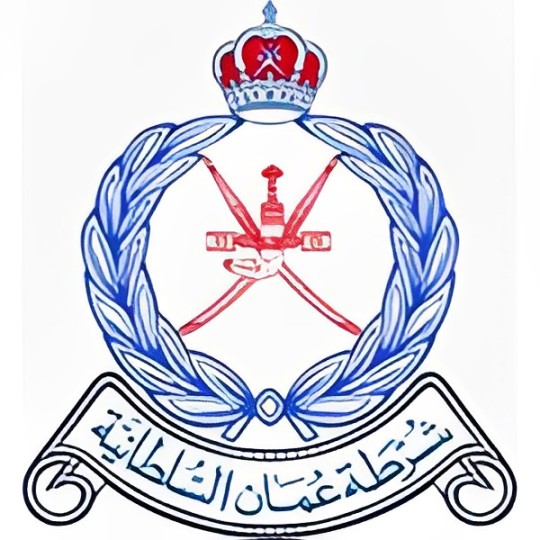
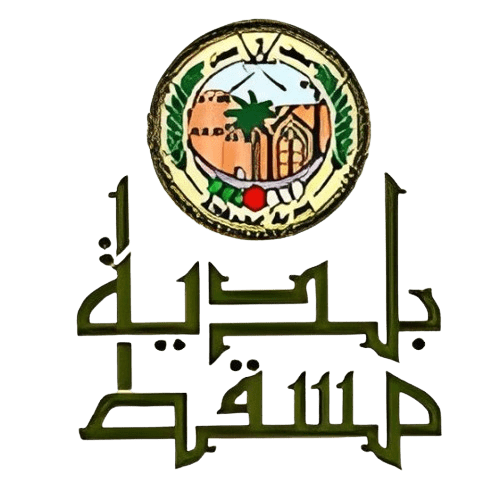
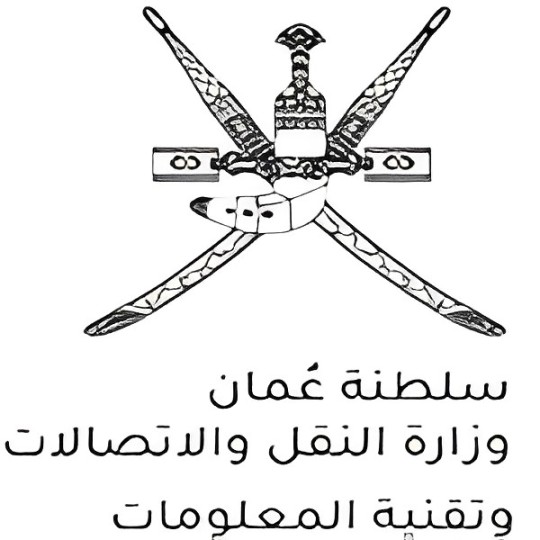

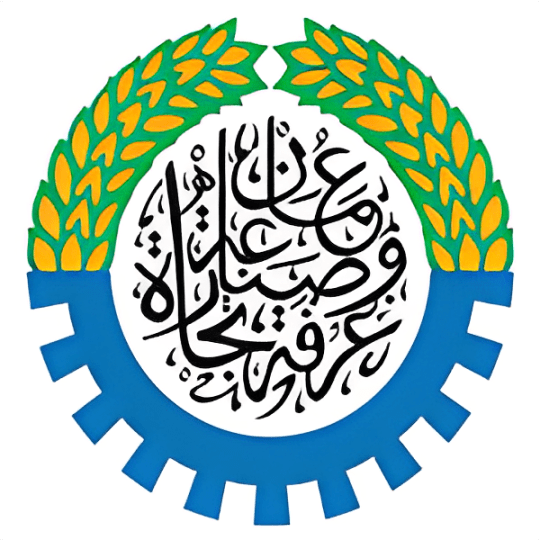
Contact us today to schedule a personalized consultation and begin your journey to a successful establishment in Oman’s vibrant investment landscape
What is the main difference between Salalah and Sohar Free Zone? The key difference is their strategic focus. Salalah is a global logistics and transshipment hub, with its primary strength in sea-based trade to global markets. Sohar is an industrial and manufacturing hub, with its strength in land-based connectivity to the GCC.
Is there a minimum share capital requirement to set up a company in either zone? No. Neither the Salalah Free Zone nor the Sohar Free Zone has a minimum share capital requirement for company formation.
Do Free Zone companies have to pay corporate income tax? Both zones offer a generous corporate income tax exemption for a period of 10 years, which can be extended for an additional two periods for certain strategic projects, as per the new unified law.
Can a foreign company have 100% ownership in both Free Zones? Yes. Both Salalah and Sohar Free Zones allow for 100% foreign ownership, eliminating the need for a local Omani partner.
Are there any customs duties on imports or exports? No. Companies operating within both zones are exempt from all customs duties on goods imported for manufacturing, processing, or re-export. A small customs duty may apply if goods are sold into the Oman mainland market.
Which Free Zone is better for a logistics and distribution company? For global logistics and transshipment, Salalah is often the better choice due to its location outside the Strait of Hormuz and its direct sea links to East Africa and Asia. For logistics serving the GCC, Sohar is the preferred hub.
Which Free Zone is better for a heavy industry or manufacturing business? Sohar is the established hub for heavy industries like petrochemicals and metals, with dedicated infrastructure and industrial clusters designed for this purpose.
What is the Omanisation rate in each Free Zone? While both zones have a reduced Omanisation rate compared to the mainland, the rates differ slightly. Sohar’s rate is around 15%, while Salalah’s is typically lower, at 10% or less, which can be an advantage for labor-intensive businesses.
Can I obtain an investor visa for myself and my family? Yes. As a foreign investor, you can obtain a visa for yourself and sponsor your family members. The Free Zone authority handles this process as part of their one-stop-shop service.
How long does the company setup process take? The company setup process in both Free Zones is designed to be quick and efficient. With the assistance of a service provider, the process can be completed in approximately 2-4 weeks, depending on the complexity of your business and the documents provided.
Is the cost of living different between the two locations? Yes. The cost of living and residential rent in Salalah are generally lower than in Sohar, which is located in the more populous and industrial northern region of Oman.
Can I operate my business in the mainland from my Free Zone company? Yes, but with some restrictions. To sell goods and services in the mainland, your company will require an authorized distributor or a local agent. A small customs duty may be applied to goods entering the mainland.
What types of licenses are available in each zone? Both Free Zones offer a range of licenses, including Industrial, Light Manufacturing, General Trading, Logistics, and Service Provider licenses.
What are the future development plans for each Free Zone? Sohar is focused on becoming an integrated industrial city, with plans for new industrial clusters and a focus on advanced manufacturing. Salalah is expanding its role as a global logistics hub, with new food processing zones and increased capacity for container traffic.
Can I open a corporate bank account in Oman from my Free Zone company? Yes, opening a corporate bank account is a standard part of the setup process in both Free Zones.
What is the role of a service provider like Setup in Oman? A service provider helps you navigate the entire process, from making the strategic choice between Salalah and Sohar to handling all aspects of Company Formation, Visa Services, and ongoing PRO Services.
Do I need to physically visit Oman to complete the registration? With a reliable service provider, the initial registration process can be done remotely. However, you will need to travel to Oman to finalize your visa and open your corporate bank account.
Do both Free Zones have access to major ports? Yes. Sohar is connected to the Port of Sohar, and Salalah is connected to the Port of Salalah. Each port has different specializations, with Salalah focused on container transshipment and Sohar on bulk and industrial cargo.
Which Free Zone is better for a US-based company? For a US-based company, Salalah offers a unique advantage through its access to the US-Oman Free Trade Agreement, which can provide duty-free access for many goods.
What is the primary source of power for industrial projects in these zones? Both zones benefit from a robust supply of natural gas and electricity, with highly competitive rates for industrial users, which is a key factor for energy-intensive manufacturing operations.
What is the minimum investment required to qualify for a residency visa in Oman?
The minimum investment typically starts from OMR 20,000 for standard investor visas. However, the Golden Visa program requires investments starting from OMR 250,000.
Can I own 100% of my business in Oman as a foreign investor?
Yes, Oman allows 100% foreign ownership in most sectors, especially under the Foreign Capital Investment Law. Some regulated sectors may require local participation.
Is real estate investment enough to obtain a residency visa in Oman?
Yes, under the Golden Visa category, purchasing property worth at least OMR 250,000 can qualify you for long-term residency.
What is the difference between the Golden Visa and the Standard Investor Visa?
Golden Visas offer longer residency terms (5–10 years), faster processing, and broader eligibility, while Standard Investor Visas require lower investment but shorter duration and renewals.
How long does the investor visa process take?
On average, it takes 4 to 8 weeks, depending on security clearance, company registration, and documentation accuracy.
Can I apply for residency before launching my business?
You must complete company registration and capital deposit before applying for the residency visa under the business investor category.
Is it necessary to open a corporate bank account in Oman for this process?
Yes, you need to deposit the minimum share capital into a corporate account to receive the capital deposit certificate, which is essential for visa processing.
Are there any age or nationality restrictions for investor visas?
There are no age restrictions, and citizens from most countries are eligible, although background checks and financial verification are required.
Do I need a physical office in Oman for my business registration?
Yes, a registered office address is mandatory — this can be a virtual office, shared workspace, or physical premises, depending on your business type.
What types of businesses are best for investment-based residency?
Tourism, tech, healthcare, logistics, real estate development, and manufacturing are some of the most attractive sectors for foreign investors.
Is free zone investment also eligible for residency visas?
Yes, businesses established in Oman’s free zones like Duqm or Salalah can qualify, though some limitations apply based on visa type and activity scope.
Can I bring my family with me under an investor visa?
Yes, investor visa holders can sponsor family members including spouse and children, subject to documentation and proof of income.
What are the key documents required for an investor visa application?
Passport copies, security clearance, MOA, business license, capital deposit certificate, tenancy contract, and recent photographs are commonly required.
Do I need to hire local employees?
While not mandatory in all cases, certain sectors may require a minimum Omanization rate to qualify for full operational licensing and staff visa issuance.
What happens if I close my company after receiving the residency visa?
Your visa may be cancelled unless you transfer your sponsorship or obtain a different qualifying residency basis (e.g., real estate or employment).
How long is the investor visa valid?
Standard visas are issued for 2–5 years and renewable; Golden Visas are valid for 5 or 10 years, depending on the investment category.
Can I operate multiple businesses under one investor visa?
Yes, but you must ensure each entity is properly registered, and you hold a qualifying ownership percentage in each.
Are there any tax advantages for foreign investors?
Oman offers no personal income tax and competitive corporate tax rates (15%). Free zones also offer tax holidays for up to 10 years.
Can I change business activities after obtaining a visa?
Yes, but you must update your commercial registration and possibly re-obtain approvals or licenses depending on the new activity.
Is a local sponsor required for mainland businesses?
Not anymore in most sectors. Since the law change in 2020, most businesses can be 100% foreign-owned without requiring a local partner.
How do I maintain my visa status if I spend time abroad?
Investor visas typically allow you to spend time abroad, but extended absence (6+ months) may affect renewal or validity, unless explained.
Are digital or online businesses eligible?
Yes, tech and e-commerce businesses are highly encouraged and eligible for both investor and long-term residency options.
Do I need to show ongoing revenue to maintain the visa?
Not always, but inactivity or lack of compliance may risk rejection during renewal. Annual filings and proof of operation are recommended.
Can I apply for residency through an existing business I acquire?
Yes, provided you meet ownership thresholds and the business is compliant with all legal, tax, and licensing requirements.
What is the role of the Oman Investment Authority in this process?
OIA supports large-scale strategic investments, especially in sectors aligned with Vision 2040. Smaller businesses work mainly with MOCIIP and ROP.
Is the visa tied to one company or can I invest in multiple?
You can invest in multiple companies, but your primary residency visa will be tied to the company where you have majority stake or initial approval.
Do I need health insurance for the investor visa?
Yes, valid health insurance is a prerequisite during visa application and renewal processes.
How much capital is required for the Golden Visa through real estate?
You must invest at least OMR 250,000 in approved properties; for 10-year visas, the amount increases to OMR 500,000 or more.
What is the role of the Royal Oman Police (ROP) in this process?
ROP handles visa issuance, background verification, residency cards, and security clearances.
Can I get citizenship through business investment in Oman?
Currently, Oman does not offer direct citizenship-by-investment programs. However, long-term visa holders may be eligible for permanent residency or naturalization under exceptional circumstances.
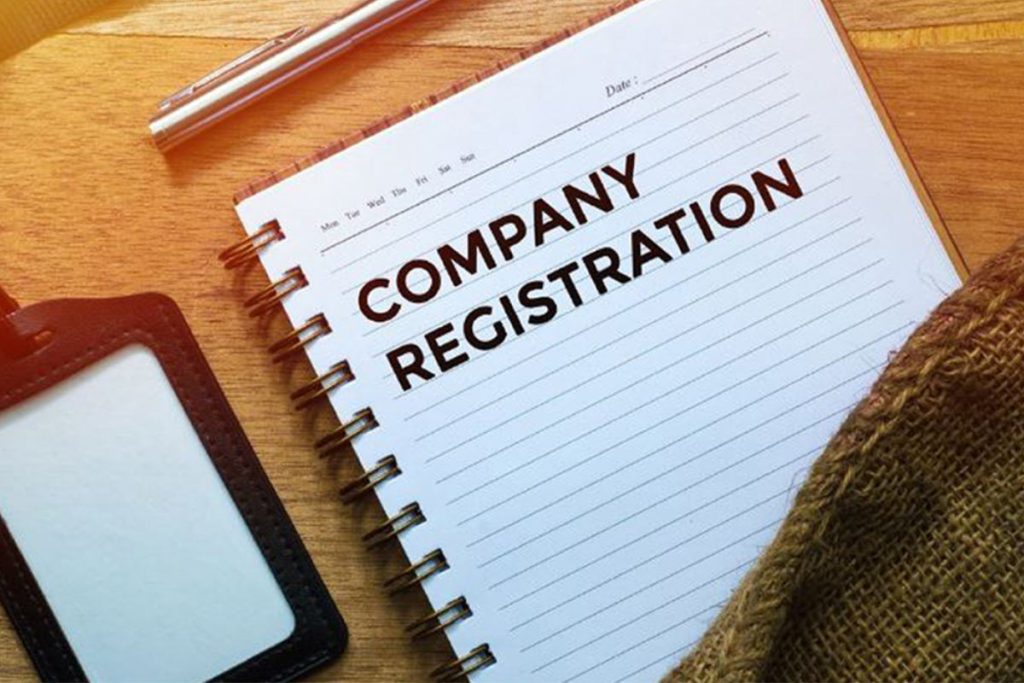

At setupinoman, we specialize in assisting businesses with establishing their presence in Oman. Our services include:
Business Registration & Licensing – Handling all MoCIIP applications and approvals.
Legal Documentation & Compliance – Ensuring smooth document translations and notarization.
Banking & Office Setup – Helping businesses secure bank accounts and office leases.
Visa & Employee Services – Managing work permits and Omanization requirements.
Fill out our quick and easy contact form below. Briefly tell us about your vision and goals, and we’ll be in touch shortly to discuss a personalized plan for your success.
Al-Khuwair, Muscat, Sultanate of Oman